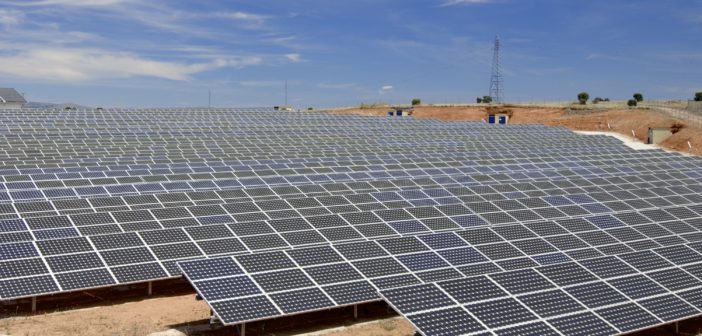(TOI)
As the world observes Earth Day 2025 with the theme ‘Our Power, Our Planet’, Gujarat is once again emerging as a frontrunner—not just at the state policy level but also through the proactive efforts of local companies switching to clean energy.
With a strong push for renewable sources like wind and solar, several Gujarat-based firms are walking the sustainability talk and gradually reducing their carbon footprint.
Knack Packaging Limited, a leading exporter of plastic packaging materials to over 70 countries, currently draws 35% of its total power consumption from clean energy. This includes a 2.1 MW windmill at Rajkot and 2 MW of solar panels installed across its Ahmedabad plants.
“We are in the process of setting up an 11 MW solar farm near Khed Brahma–Ambaji, which will be operational by June-end. Post that, 80-90% of our plant’s power will come from clean energy,” said Alpesh Patel , Director – Sales and Marketing. Patel adds that sustainability is no longer just an environmental goal but a business advantage as well, thanks to the improved affordability of solar technology.
Specialty chemicals manufacturer Epigral Ltd has also turned to renewable energy under the state govt’s hybrid policy. The company is sourcing 19 MW of solar and 19 MW of wind energy through joint ventures, meeting about 15% of its total energy requirement through renewables. “Using renewable energy is crucial for the environment as well as competitiveness in current business practices. We are going to increase the share of renewable energy in our total consumption to 25% in the next two years,” said Maulik Patel , CMD of Epigral Ltd.
Gujarat-based cotton spinning mills too have adopted renewable energy in a big way. “As of now, around 50% of the spinning mills out of approximately 120 have installed 1.5 MW rooftop solar. Of these, nearly 35-40% have taken a larger leap by setting up ground-mounted solar plants, windmills, or adopting a hybrid model,” said Jayesh Patel , Senior Vice President, Spinners’ Association Gujarat (SAG).
He added that his own unit, Omax Cotspin, meets 90% of its electricity needs through installed solar and wind capacity. “More and more spinning mills are adopting green energy because without renewable energy, viability is difficult. Also, our buyers in Europe insist that suppliers must use renewable energy,” he said.
Soda ash maker GHCL is also making steady progress toward its sustainability targets, aiming to reduce Scope 1 and 2 carbon emissions by 30% by 2030 through internal carbon pricing and eco-conscious manufacturing practices. The company has already installed dedusting systems to improve air quality and relies on renewable energy for 75% of GHCL Textiles’ operations. Across its facilities, 62.3 MW of wind and solar power are currently in use.
However, industry players believe that regulatory support must keep pace. A common demand is the revision of the current 1 MW limit under net metering for industrial rooftop solar projects. Raising this cap, they argue, would accelerate the shift to renewables and further enable industries to invest in larger-scale green power systems.





